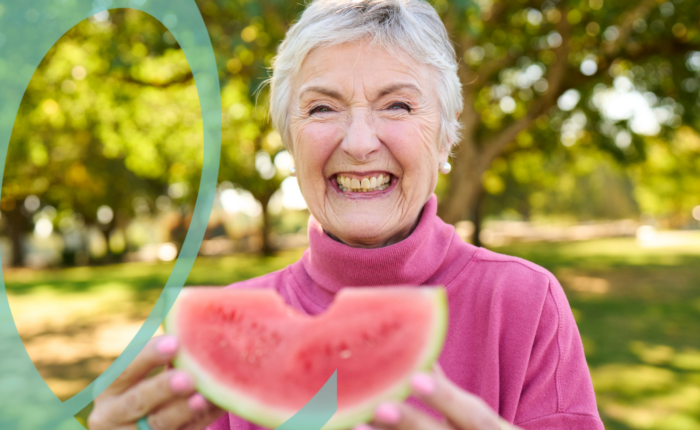Announcing PrimeFit Wellness
A Whole New Approach to Holistic Wellness If there’s anything we have learned from the past year, it’s that health matters, both on a personal and global scale. As the world paused, routines were upended, and we learned to live with a new normal, we were also given the opportunity to evaluate our lifestyles and…












